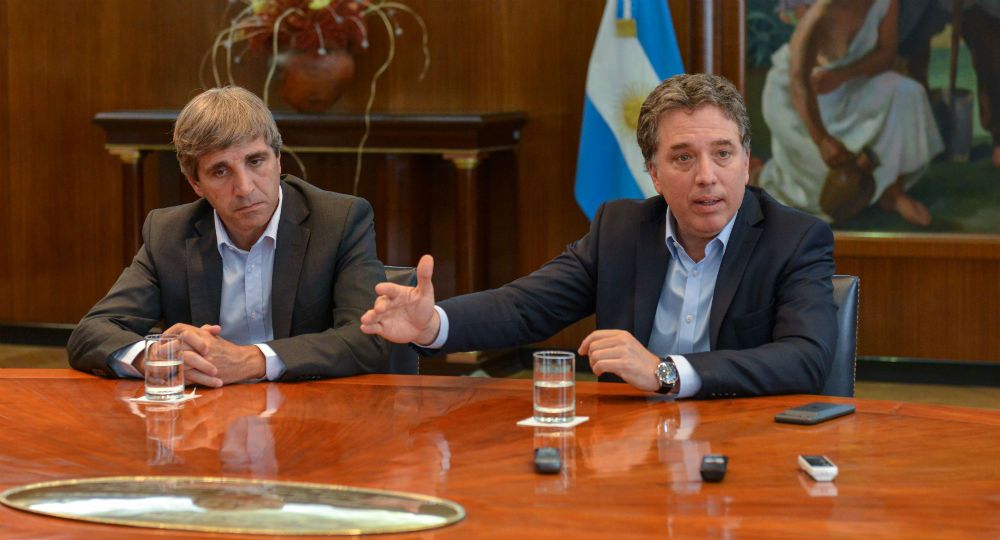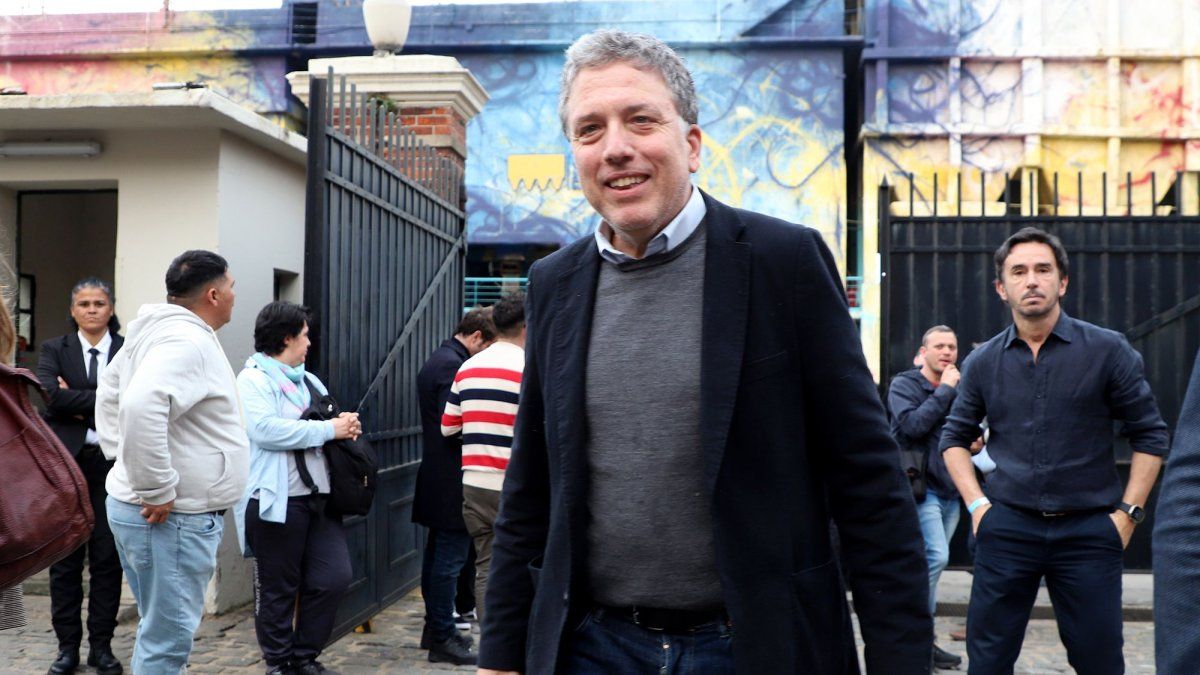Recognition of management decisions and positive expectations for the near future: this is how the latest analysis carried out could be summarized Nicolas DujovneArgentine Minister of Finance from 2017 to 2019, about the current economic administration of Javier Milei. In contrast to the private short-term inflation projectionsthe economist highlighted the stability achieved by cutting spending.
First of all, Dujovne explained his considerations regarding the differences between the administrations of Mauricio Macri and Javier Milei: “The main difference is the starting point. Macri’s government starts with the very sick but asymptomatic patient. […] Real salaries were at a historic peak, financed by the tariff arrears, with our reserves having been consumed, but the bomb had not exploded. Now, the device exploded against Peronism, the people suffered it firsthand.” In that framework, “Milei enters without a coalition, with the ideas he had been saying in the campaign and with the counterfactual on the table of not making the adjustment“.
Later, he noted that “The most relevant thing is that Argentina made a fiscal correction that we needed for a long time. There are very few cases in the world of a country that has committed the macroeconomic suicide that Argentina committed between 2007 and 2015, where public spending rose from 25 points of GDP to 42. “There is a need to replace a lots of very distorting unorthodox taxes and we need to organize ourselves on the monetary-exchange level. But the steps taken this year are very relevant,” he added.
Dujovne.webp
Nicolás Dujovne, Macri’s economic official.
Spent
Interviewed by the portal La Política Online, the former official pointed out that “the real primary spending of the national administration is falling 27% and that of the provinces 20%. So, when one looks at both things, consolidated spending is falling from 39 to 31.5 and It is the first time since 2008 that Argentina is going to finance its consolidated spending with taxes. “Neither with reserves nor with net debt, nor with monetary issue.”
Regarding this, he insisted: “There is a decrease in national government spending but, in addition, through the Cutting of discretionary transfers to the provinces forced them to make adjustments in provincial public spendingwhere there is a lot of fiscal space, because the provinces do not spend on pension systems, the largest proportion of their spending is public employment. So, the provinces also made a substantive adjustment.”
“Argentina had lost access to markets, marginally each peso of deficit was being financed with monetary emissionand that is what neither Alberto Fernández nor Martín Guzmán, who came with ideas that public spending and the deficit are expansive”he pointed out and continued: “If you finance the deficit with emissions, you end up generating inflation and lowering real wages.”
Inflation and exchange rate
Regarding the possible inflationary spiral, Nicolas Dujovne opined that “What this macro arrangement has allowed is to stop broadcasting and, with that, what we are achieving is that the inflation. At the same time, given that we are improving the solvency of the public sector, the country risk decreases and if that happens, the conditions for the level of investment to be higher“.
The FpV asked to question Caputo and Dujovne.

Luis Caputo and Nicolás Dujovne, in their years in Mauricio Macri’s Cabinet.
In this framework, he stated that “to the extent that the Argentine dollar rate is lower, there are more projects that are profitable. Today, the private sector is placing between 7 and 8% annual rate that would not have been possible without this macroeconomic order.By removing the inflation tax, real wages tend to recover. Part of that is what we are seeing. Of course, it is a first step, but a very important first step.”
Furthermore, he referred to that “andThe exchange rate has now appreciated compared to last year“But I don’t dare say overvalued, because that would imply that one knows what the equilibrium value of the exchange rate is.” “When there is confidence in Argentina, the exchange rate tends to go to levels similar to this,” he understood.
“I’m a little skeptical of the capacities of governments to choose the real long-term equilibrium exchange rate and Argentina today controls the exchange ratehas capital controls, a system where the exchange rate slides at 2% per month. The real exchange rate has been set by the authorities,” he acknowledged, but assessed that “if there were an external shock where the currencies of our neighbors depreciated, with this scheme the Cash With Settlement exchange rate would move, because it is the floating exchange rate. And if that happens, the gap would open and the whole program becomes a little less virtuous“.
Finally, he indicated that “It is clear that the Government’s idea is to dismantle capital controls and converge on a floating schemethe President has mentioned it” and projected that “Argentina is in very good conditions to lift a good part of the capital controls because it has fiscal balance, because the monetary base is at very low levels in terms of GDP, so There is a very large potential demand for pesos, and that works as an attractor mechanism towards the peso“.
Source: Ambito
I am a 24-year-old writer and journalist who has been working in the news industry for the past two years. I write primarily about market news, so if you’re looking for insights into what’s going on in the stock market or economic indicators, you’ve come to the right place. I also dabble in writing articles on lifestyle trends and pop culture news.




